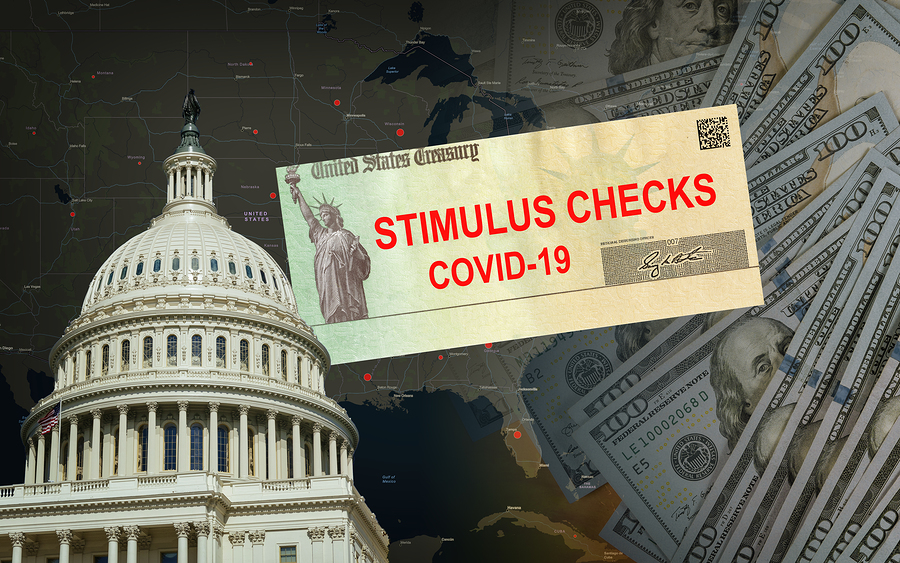According to the Consumer Financial Protection Bureau (CFPB), debt collectors are required to stop calling once an official request has been made to cease communication. However, approximately 75 percent of consumers who have asked for debt collection calls to stop say that the calls kept coming.
The CFPB released a report earlier this year that surveyed over 10,800 consumers in 2014 and 2015 about their recent experiences with debt collectors. They received approximately 2,000 responses that revealed that over one in four consumers have felt threatened by the debt collector that most recently contacted them. Although debt collection agencies are not allowed to abuse or harass consumers, many collectors do not play by the rules. Approximately 40 percent of consumers surveyed said they asked a creditor or debt collector to stop contacting them, however; only one out of four people reported the collector actually stopped.
Debt collection is a $13.7 billion industry in the U.S. and the most frequent topic of complaint fielded by the CFPB. Approximately 70 million people have been contacted by a creditor attempting to collect on a debt in the past year, according to the CFPB.
The CFPB recently issued proposed rules that would strengthen consumer protections by limiting how often debt collectors can contact consumers. The rules would also require these companies to get the details right and offer an easy dispute process.
Click here to read more on this story.
If you have any questions on this topic or are in financial crisis and considering filing for bankruptcy, contact an experienced Miami bankruptcy attorney who can advise you of all of your options. As an experienced CPA as well as a proven bankruptcy lawyer, Timothy Kingcade knows how to help clients take full advantage of the bankruptcy laws to protect their assets and get successful results. Since 1996 Kingcade Garcia McMaken has been helping people from all walks of life build a better tomorrow. Our attorneys’ help thousands of people every year take advantage of their rights under bankruptcy protection to restart, rebuild and recover. The day you hire our firm, we will contact your creditors to stop the harassment. You can also find useful consumer information on the Kingcade Garcia McMaken website at www.miamibankruptcy.com.

